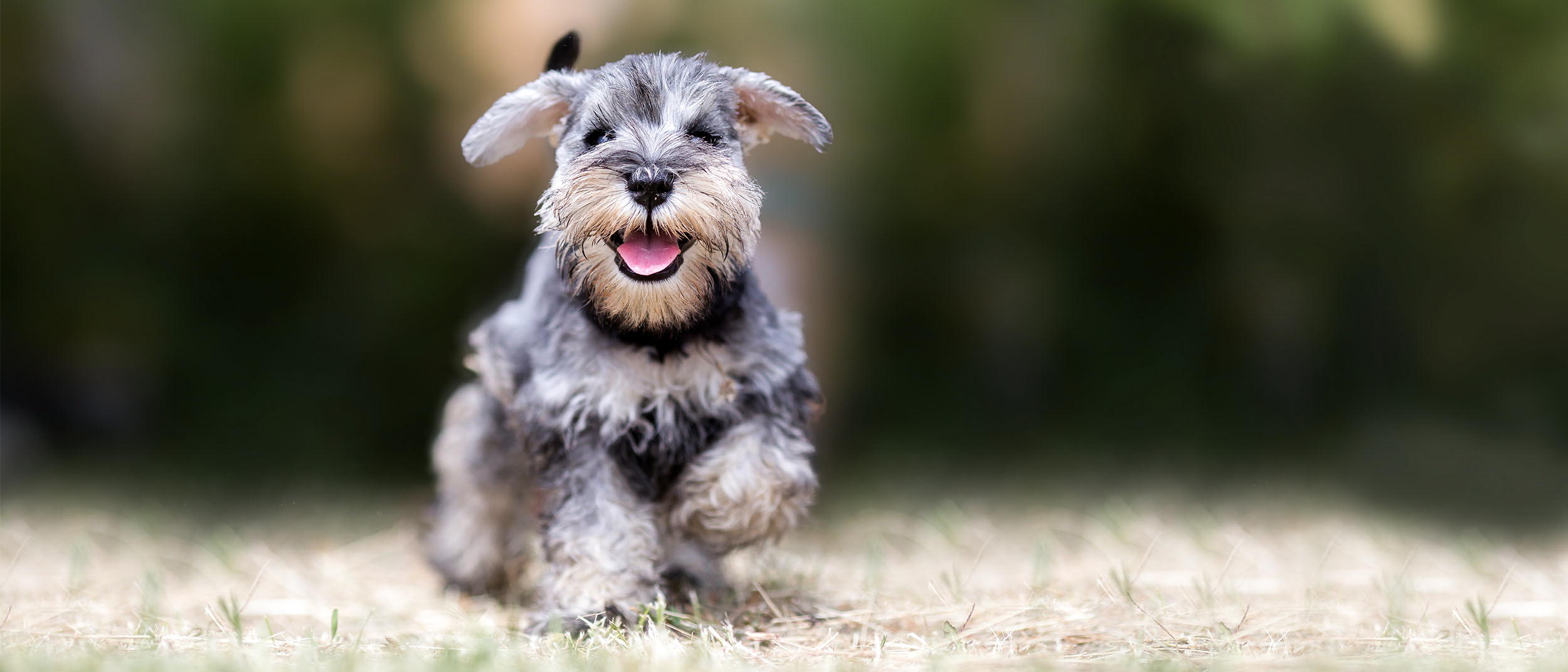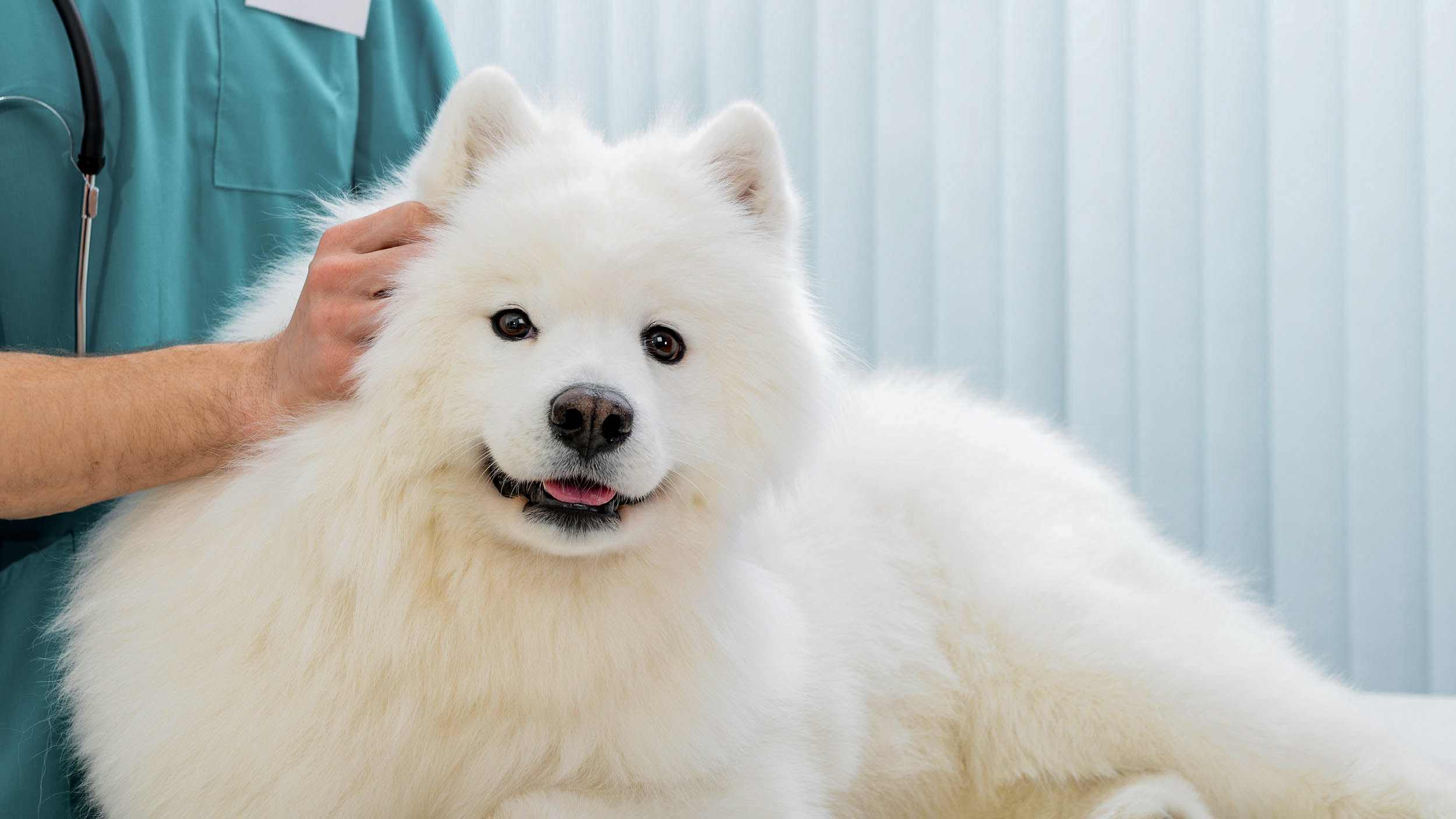Common skin conditions in dogs

Depending on the breed of your dog, age, and a number of genetic factors, you may find they are prone to skin conditions. You can support your dog’s recovery, as well as prevent future problems, in a number of simple ways.
What’s important about your dog’s skin?
A dog’s skin acts as a barrier between their sensitive organs, muscles and skeleton and their environment – whether they spend time outdoors or indoors. It’s the largest organ in their body and, including their hair, makes up around 12% of their entire body weight. It offers vital protection against parasites, stores fat, water and vitamins, and houses sensitive nerve endings.
Their skin is a barrier which prevents water loss, reducing the chance of dehydration, as well as helping regulate their body temperature. A dog’s skin also secretes sebum, an oil-like substance which creates a biofilm over the surface of the skin. This film protects against external threats by managing the balance of ‘good’ and ‘bad’ bacteria, and prevents bacteria from multiplying. It also maintains the pH balance of your dog’s skin to help prevent irritation from environmental changes.
In these ways, your dog’s skin is an important filter between their environment and their body, and needs to be looked after properly.
What are the symptoms of a skin condition in my dog?
Much like the symptoms of a skin condition in a human, your dog might suffer from dry, irritated, or red skin in certain areas. Their coat may appear dry or greasy, there may be some hair loss, or you may notice they have dandruff. It’s likely that the first symptom you’ll spot of a skin condition is your dog itching or scratching itself as it tries to relieve some of its discomfort.
Particular breeds of dog have their own skin conditions which it’s important to be aware of. Dogs such as Bulldogs or Pugs can suffer irritation from bacteria and yeast becoming ‘stuck’ in their folds of skin. Medium-sized dogs who may spend lots of time outside or working are exposed to environmental pressures, which means their skin’s natural defences need special support. German Shepherds, Dalmatians, Miniature Schnauzers and Shih Tzus all have similarly sensitive skin, so it’s important to ask your vet if there are any genetic predispositions to skin conditions you should know about.

Why do dogs get skin conditions?
Related Articles
Find a vet
Like & share this page